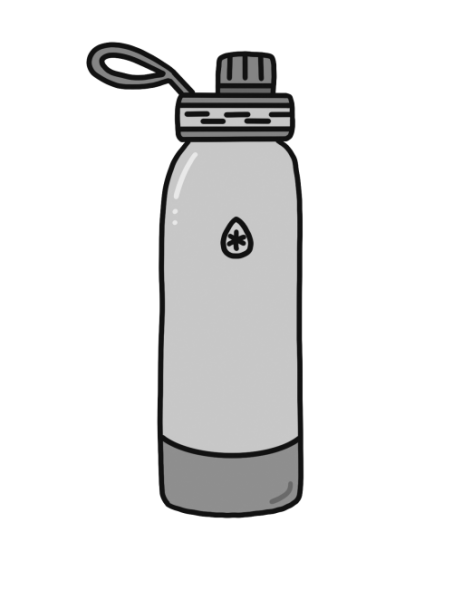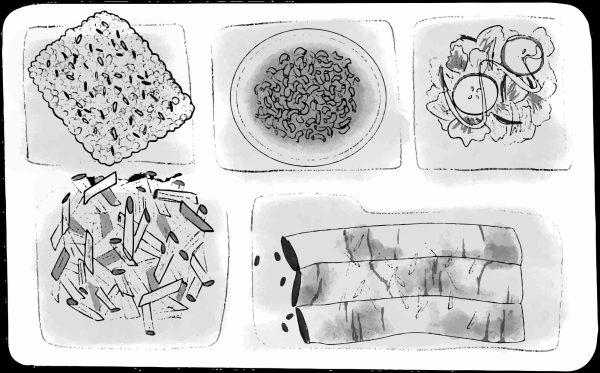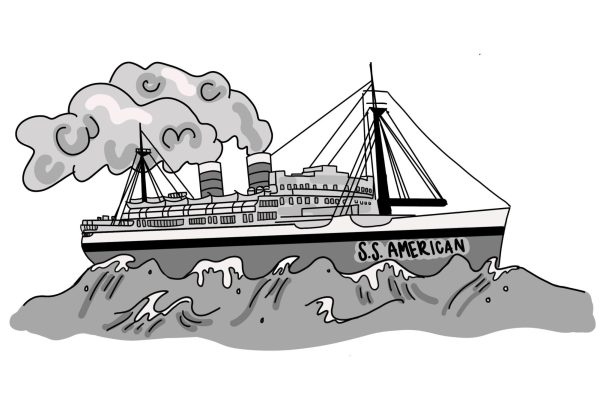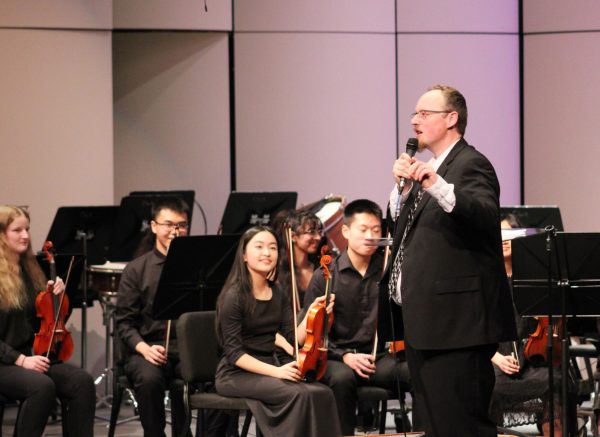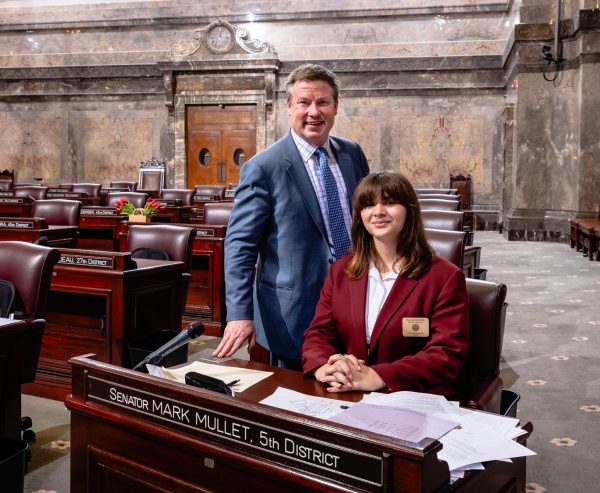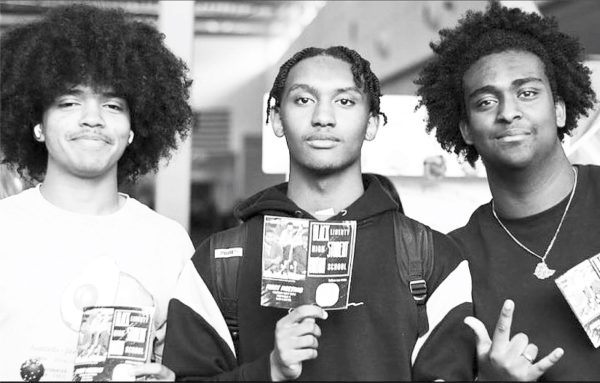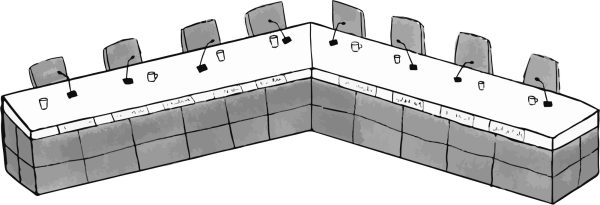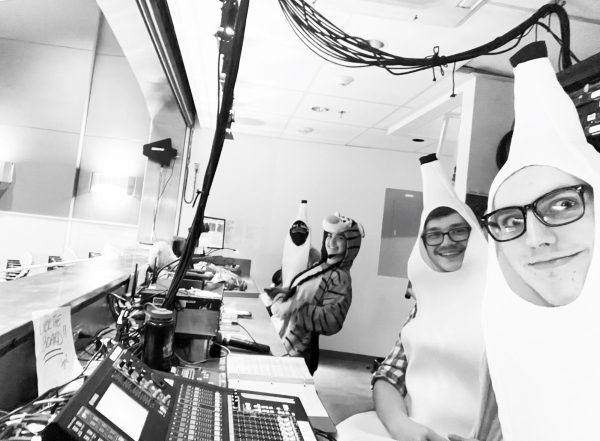The Great Class Clash
With the shortage of educators this year due to Covid-19, many Liberty staff members have taken on the challenge of teaching new subjects. ASB activity coordinator Michelle Munson has stepped up to teach psychology. In addition, many teachers have lost a planning period to make up for the staff shortages. This has affected both Ross Matheny and Wes Benjamin who now teach seven periods.
October 29, 2021
“Impossible is a word to be found only in the dictionary of fools,” or so Napoleon Bonapart says. And Liberty High School teachers are no fools. When confronted with a deluge of extra work and less prep time, these educators faced the 2021-2022 tundra with a bonafide patriotism.
As Liberty Patriots turn an educational page, many teachers, who have taken on more classes or entirely new ones, have much to add to the story.
“I was talking to another teacher who has been around here for a long time, and I almost feel like my new teacher again, because I’m just overwhelmed,” said Wes Benjamin.
Novices rejoice! Even the most experienced individuals can be rattled by extra work, overwhelming classes, or anything that changes the natural swing of their habitual clock.
Through the transition, Ross Matheny feels differently. One could say that the Matheny metronome beats steadily and surely; he rarely gets frazzled by the complexities of change. Instead, he aims to embrace change and enjoy any opportunity to adjust his teaching. Rather than waging war on Canvas and lazy students, Matheny accommodates himself to his and his students’ necessities.
Furthermore, Benjamin introduces another important idea: self-patience. Grades and teaching are the prime focus of school; mental health should be the prime focus of the individual.
“I could be working 24 hours a day, seriously…but you got to take care of yourself. So, that’s a problem,” said Benjamin.
Michelle Munson agrees that one must be patient with themselves, as self-doubt can only be a destructive force in the teaching space.
“I really have to give myself a lot of grace, I have to forgive myself a lot. And you do that a lot when you’re learning how to teach because teaching is a very vulnerable space to be in,” said Munson.
It is interesting that experienced teachers and inexperienced teachers are set to a level playing field by the stress of extra workload. Teachers at different sides of a spectrum meet at the origin: a new, nervous but adventurous teacher.
Additionally, many teachers and students alike, have regained an appetite for their interests. Many teachers are educated in multiple subjects; therefore, these educators prefer to venture into new classes rather than salivate at missed opportunities.
Munson details this idea exactly. In this post-pandemic school year, she had the courage to pursue her interests in psychology, an interest that spawned from a high school fascination with the subject and presented itself in her choice of college minor.
Matheny’s story is not dissimilar from Munson’s. He adds that if given the opportunity he would teach language arts (which he has a major in): an undertaking which he might have not been keen to do prior to his experience with extra classes.
Therefore, if your school year resembles the battle of Waterloo more than a victory, it might be encouraging to remember that this is not a unique nor shameful experience.




